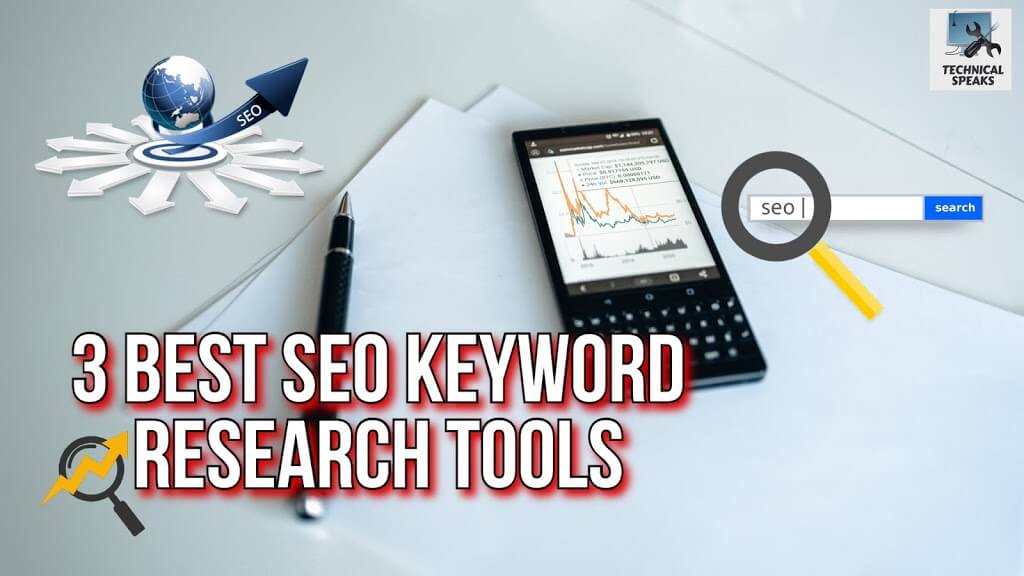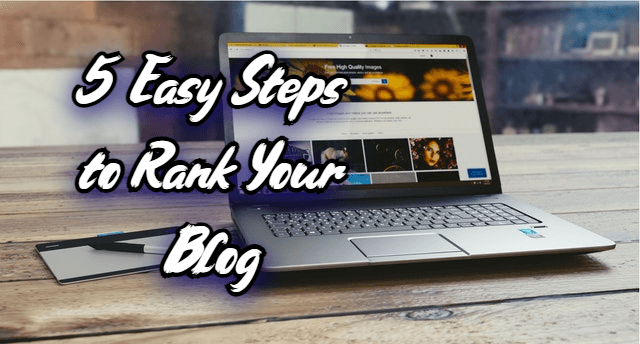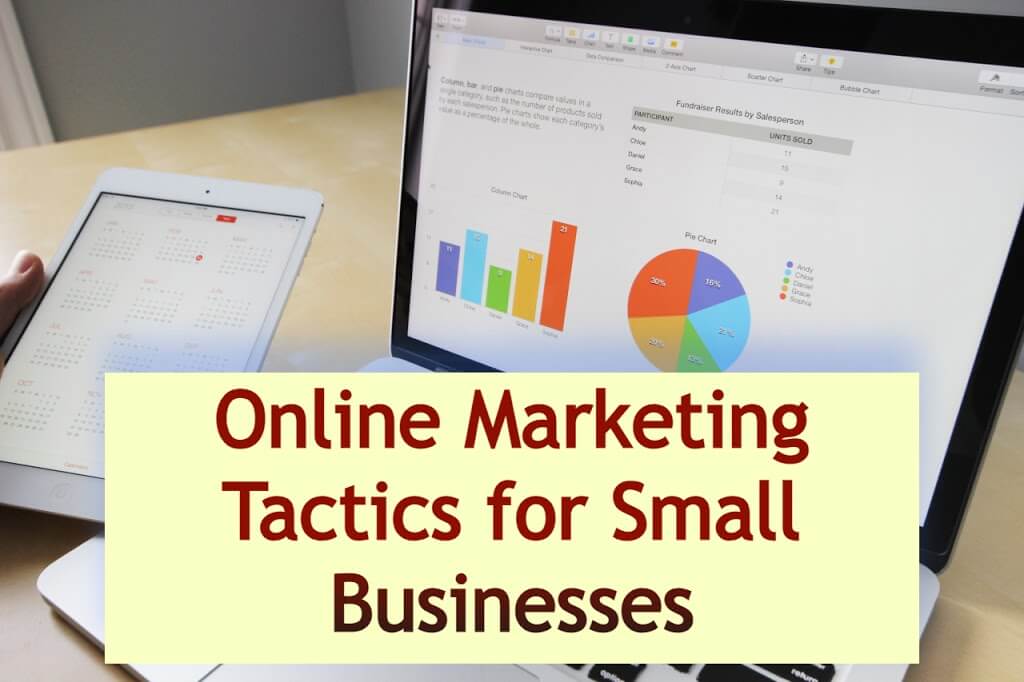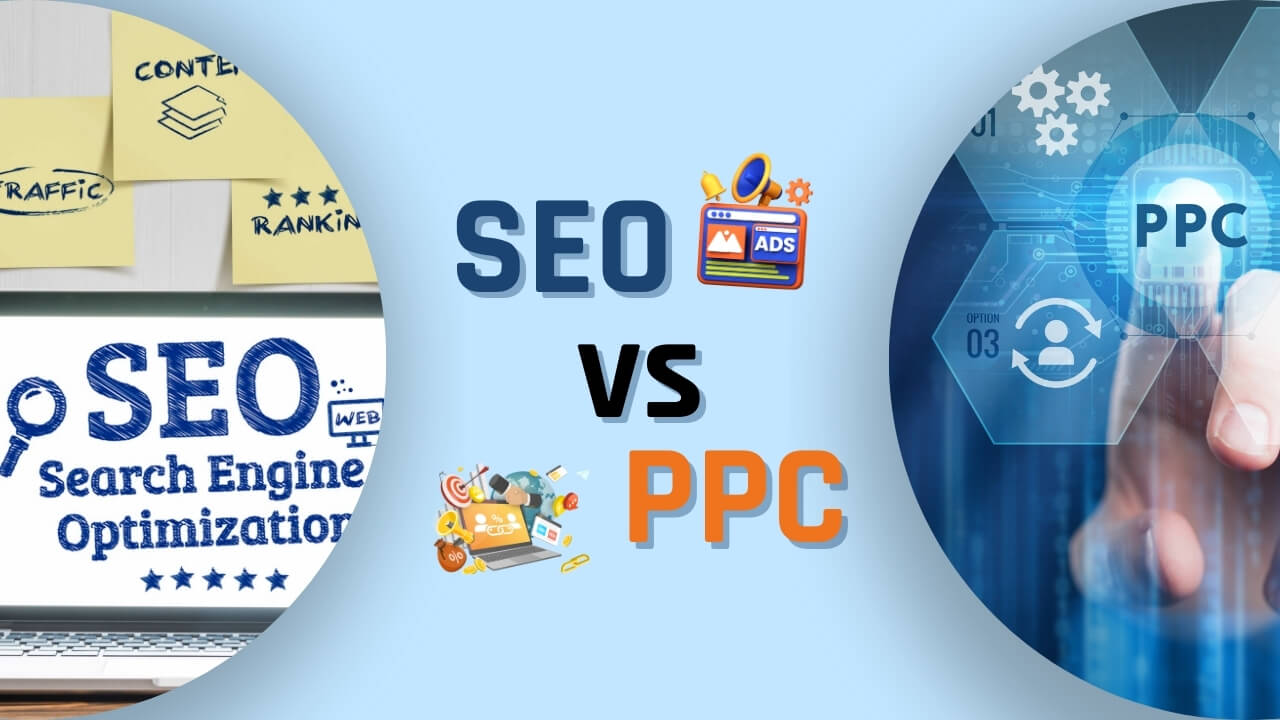In the world of digital marketing, businesses are constantly faced with the decision of how to allocate their resources to drive traffic, generate leads, and increase sales. Two of the most popular strategies are Search Engine Optimization (SEO) and Pay-Per-Click (PPC) Advertising. Both have their strengths and weaknesses, and choosing the right approach depends on your business goals, budget, and timeline. In this blog, we’ll dive deep into the differences between SEO and PPC, their pros and cons, and how to determine which option is better for your business.
What is SEO?
Search Engine Optimization (SEO) is the process of optimizing your website and content to rank higher in organic (non-paid) search engine results. The goal is to increase visibility and attract relevant traffic without paying for ads. SEO involves:
- Keyword research
- On-page optimization (e.g., meta tags, headers, content)
- Off-page optimization (e.g., backlinks, social signals)
- Technical SEO (e.g., site speed, mobile-friendliness)
What is PPC?
Pay-Per-Click (PPC) is a form of online advertising where businesses pay a fee each time their ad is clicked. The most popular PPC platform is Google Ads, but others include Bing Ads, Facebook Ads, and LinkedIn Ads. PPC allows you to bid on keywords and display ads at the top of search engine results pages (SERPs) or on other websites.
SEO vs PPC: Key Differences
| Aspect | SEO | PPC |
|---|---|---|
| Cost | Free (but requires time and resources) | Paid (cost per click or impression) |
| Time to Results | Long-term (months to see results) | Immediate (ads can go live instantly) |
| Traffic | Organic (unpaid) | Paid (requires ongoing investment) |
| Control | Limited control over rankings | Full control over ad placement and targeting |
| Sustainability | Long-lasting results | Results stop when budget runs out |
Pros and Cons of SEO
Pros
- Cost-Effective: Once you rank, organic traffic is free.
- Long-Term Results: High rankings can sustain traffic for months or years.
- Credibility and Trust: Users tend to trust organic results more than ads.
- Scalability: SEO efforts can drive traffic to multiple pages over time.
Cons
- Time-Consuming: It can take months to see significant results.
- Constant Updates: Search algorithms change frequently, requiring ongoing effort.
- Competitive: High competition for popular keywords can make ranking difficult.
- No Guarantees: Despite efforts, there’s no guarantee of ranking.
Pros and Cons of PPC
Pros
- Immediate Results: Ads can drive traffic as soon as they go live.
- Targeted Advertising: Precise targeting based on keywords, demographics, and location.
- Measurable ROI: Easy to track clicks, conversions, and ROI.
- Flexibility: Adjust campaigns in real-time based on performance.
Cons
- Costly: Can become expensive, especially for competitive keywords.
- Short-Term Results: Traffic stops when you stop paying.
- Ad Blindness: Users may ignore ads and focus on organic results.
- Complexity: Requires expertise to manage campaigns effectively.
When to Choose SEO
SEO is ideal for businesses that:
- Have a long-term marketing strategy.
- Want to build brand authority and trust.
- Have a limited budget for paid advertising.
- Are targeting evergreen topics or industries.
Example: A local bakery investing in SEO to rank for “best cupcakes in [city]” over time.
When to Choose PPC
PPC is ideal for businesses that:
- Need immediate results (e.g., product launches or seasonal promotions).
- Have a budget for paid advertising.
- Want to test new markets or keywords quickly.
- Are targeting highly competitive keywords.
Example: An e-commerce store running a PPC campaign for “buy running shoes online” during a holiday sale.
Can SEO and PPC Work Together?
Absolutely! SEO and PPC are not mutually exclusive. In fact, they can complement each other:
- Data Sharing: Use PPC data to identify high-performing keywords for SEO.
- Increased Visibility: Combining organic and paid results can dominate SERPs.
- Remarketing: Use PPC to retarget visitors who found you through SEO.
- Brand Awareness: PPC can boost visibility while SEO builds long-term authority.
How to Decide: SEO or PPC?
To determine which option is better for your business, consider the following factors:
1. Budget
- If you have a limited budget and can wait for results, invest in SEO.
- If you have a larger budget and need immediate traffic, go for PPC.
2. Timeline
- Choose SEO for long-term growth and sustainability.
- Choose PPC for short-term campaigns or quick wins.
3. Goals
- Use SEO to build brand authority and organic traffic.
- Use PPC to drive conversions and test new markets.
4. Competition
- If your industry is highly competitive, PPC can help you gain visibility quickly.
- If competition is low, SEO may be sufficient to rank organically.
Tools for SEO and PPC
SEO Tools
- Google Analytics: Track website traffic and performance.
- Ahrefs: Analyze backlinks and keyword rankings.
- SEMrush: Conduct keyword research and competitor analysis.
- Yoast SEO: Optimize on-page elements for WordPress.
PPC Tools
- Google Ads: Create and manage PPC campaigns.
- Microsoft Advertising: Run ads on Bing and Yahoo.
- AdEspresso: Optimize Facebook and Instagram ads.
- WordStream: Manage and analyze PPC campaigns.
Case Study: SEO vs PPC in Action
Scenario: A startup selling eco-friendly water bottles wants to increase online sales.
SEO Approach
- Optimize the website for keywords like “eco-friendly water bottles” and “sustainable water bottles.”
- Publish blog posts on topics like “Benefits of Using Eco-Friendly Bottles.”
- Build backlinks from eco-conscious blogs and websites.
- Result: After 6 months, the website ranks on the first page of Google, driving consistent organic traffic.
PPC Approach
- Launch a Google Ads campaign targeting “buy eco-friendly water bottles.”
- Set a daily budget of $50 and monitor performance.
- Use ad extensions to highlight product features and promotions.
- Result: Within a week, the campaign generates 200 clicks and 20 sales.
Conclusion: Which is Better?
The answer to whether SEO or PPC is better depends on your unique business needs. Here’s a quick summary:
- SEO is a long-term strategy that builds organic traffic and credibility.
- PPC is a short-term strategy that delivers immediate results and flexibility.
For most businesses, a combination of both SEO and PPC is the best approach. Use PPC to drive quick wins and gather data, while investing in SEO for sustainable growth. By leveraging the strengths of both strategies, you can maximize your online presence and achieve your marketing goals.








